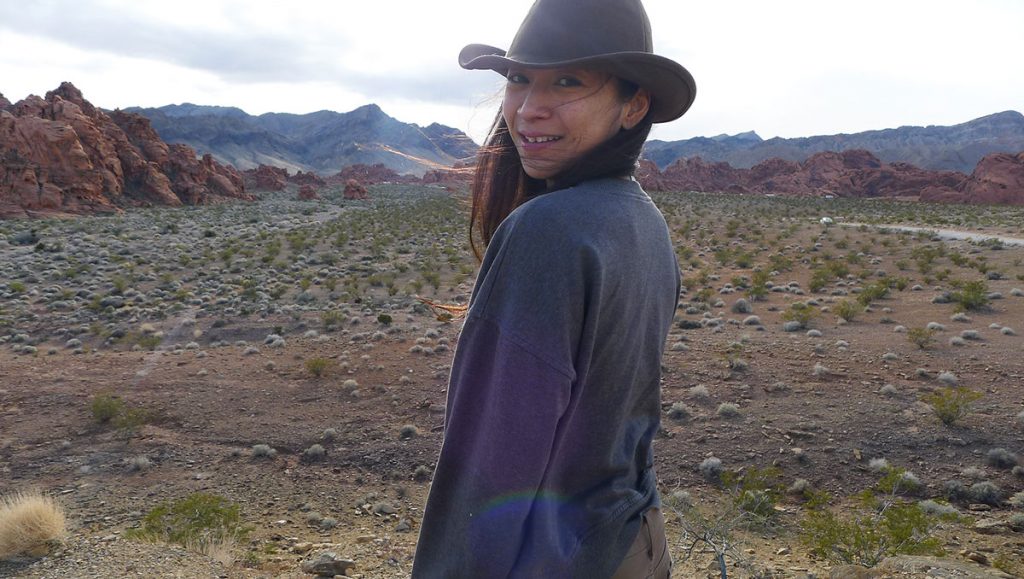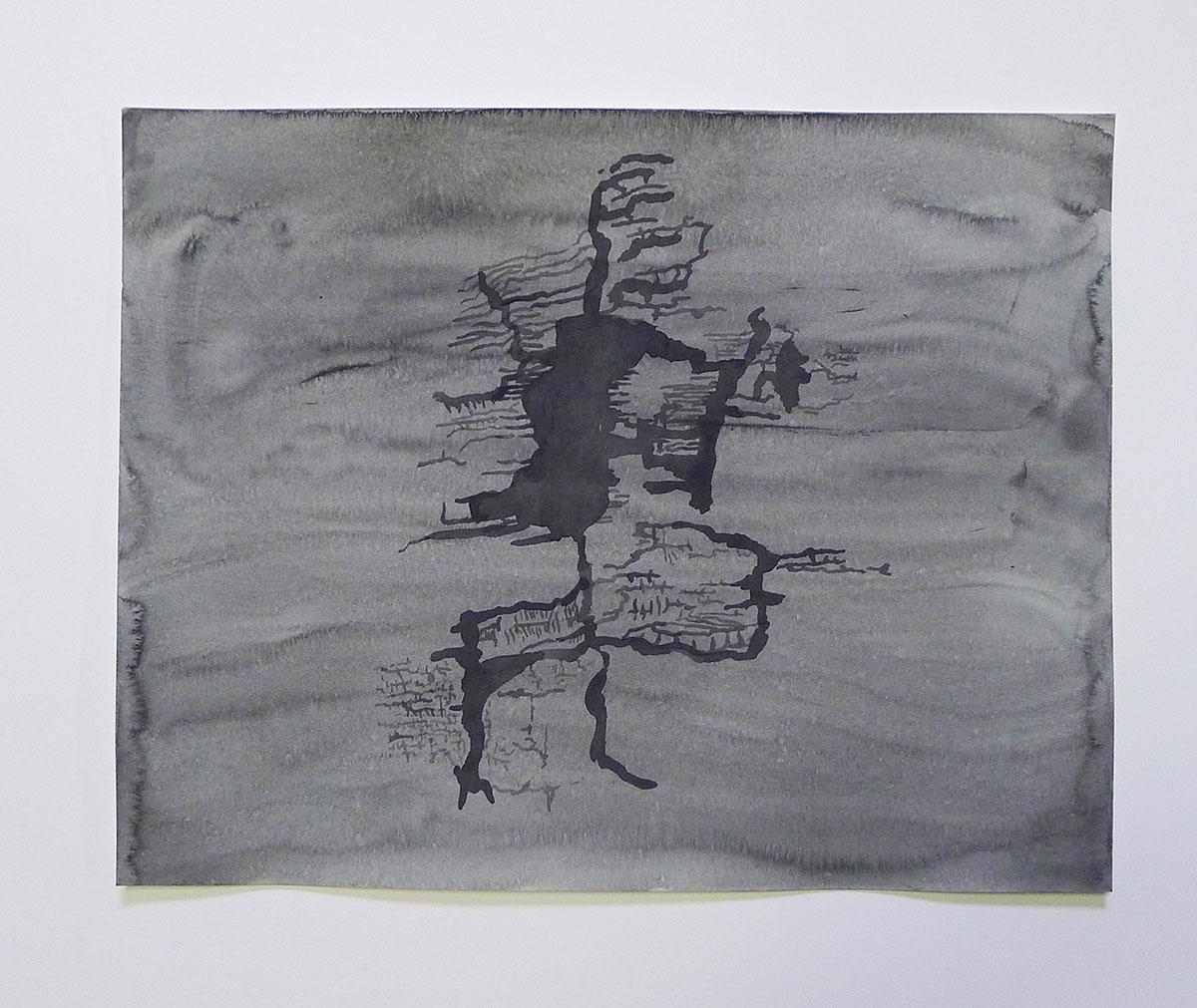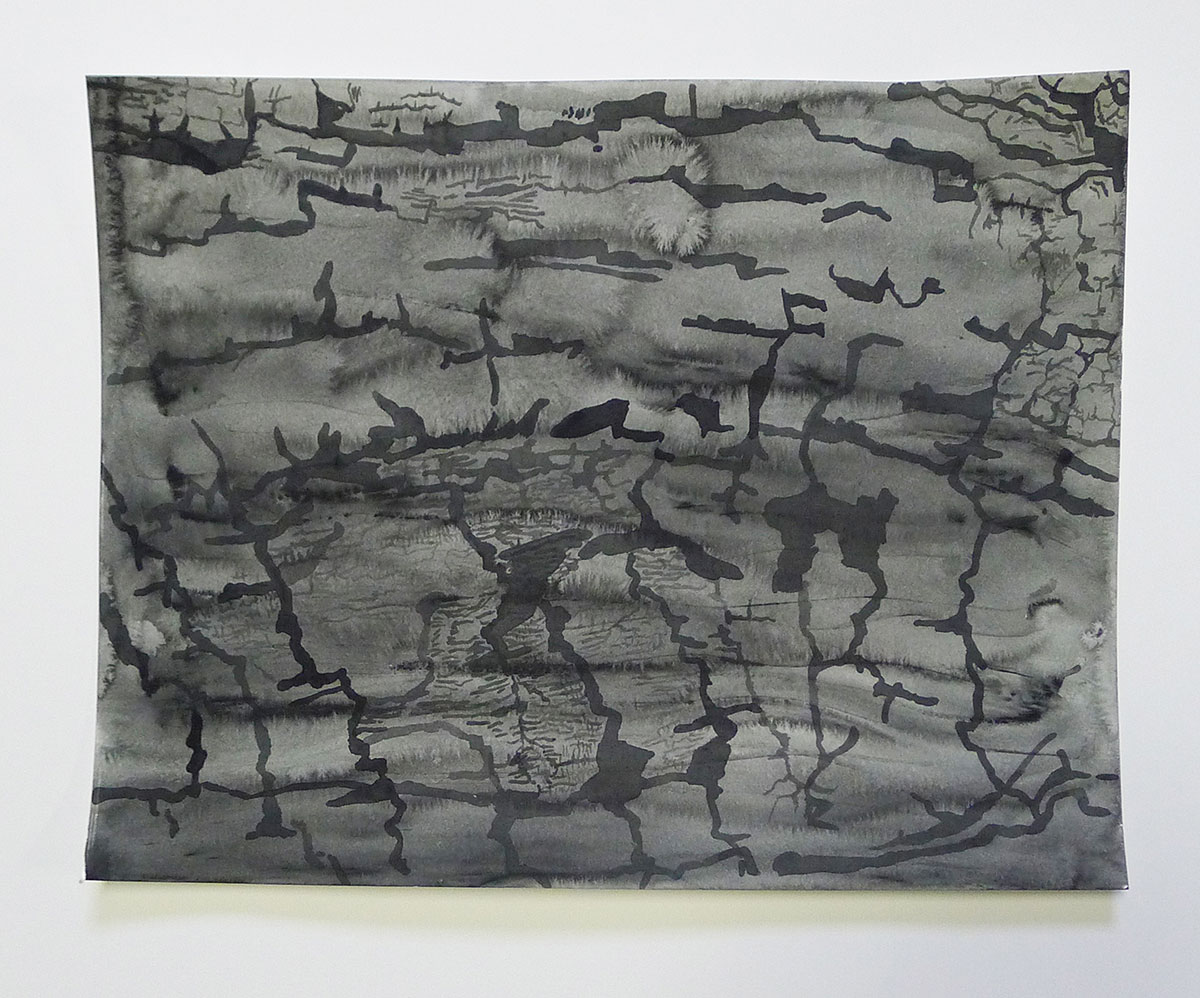Open Wabi has provided me with the time to intensely focus on a series of work that I’m working on. There were so many unexpected surprises for which I am grateful and happy: the very insightful dialogues and conversations provided by the fellow artists and residency directors, the spacious residency surroundings that provided much room to be immersed in nature, and especially the opportunity to be constantly engaged with fellow artists who were generous as to share their own studio thinking processes - this last one taught me about practices different and unknown to me and helped in the rethinking of what I'm doing in my studio.
Bio

Katrina Bello (b. 1973) is a visual artist and curator who is from Davao City, Philippines. Her works have been shaped by experiences of natural environments; and topics on memory, landscape, time, ecology and geology are the subtext of her work which takes form in drawings, paintings, installation, photography, and video. Her work has been exhibited in solo and group exhibitions in the United States and the Philippines, and she completed her MFA from the Maryland Institute College of Art, and her BFA from the Mason Gross School of the Arts at Rutgers University.
Where to find
Work from the Open Wabi experience
Scorched Sequoia Sempervirens
Medium: acrylic on paper
Year: 2017
Dimensions: 11" x 14"
This is part of a series of drawings that is based on scorched bark of Redwood trees encountered in Northern California. In this series, what I am interested in conveying is ecological notions of adaptation, regeneration, conflict, mutation, growth, destruction, decay, and that they are also notions that find their equivalence in human experiences.

Scorched Sequoia Sempervirens
Medium: acrylic on paper
Year: 2017
Dimensions: 11" x 14"
This is part of a series of drawings that is based on scorched bark of Redwood trees encountered in Northern California. In this series, what I am interested in conveying is ecological notions of adaptation, regeneration, conflict, mutation, growth, destruction, decay, and that they are also notions that find their equivalence in human experiences.



